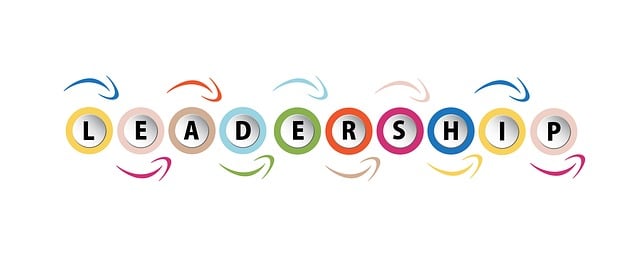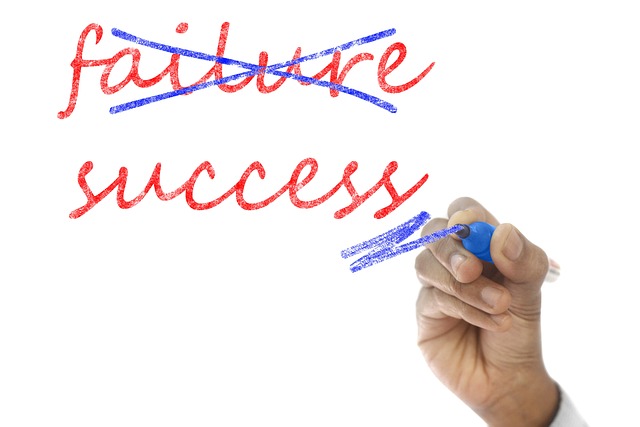Ben Milne set out to find a way for his business to make and receive payments without incurring hefty the credit card charges and long transfer delays we all accept as the norm. He scrutinised how Paypal and ACH began, came up with a concept and convinced his bank to back his venture. He then worked on building the software that would allow the efficient transfer of money without any interchange fees.
Ben was an Xceptionalist from an early age. He recognized that “…all you need to do, a lot of the time, is decide what you want to do and just get it done.”
In 2001, while he was a senior in high school, he invested his life savings of $1,200 to start his first company, making audio speakers. He dropped out of the University of Northern Iowa to build the business, and by 2008 was turning over $1.5 million in annual sales. More sales led to higher credit card fees and the $55,000 a year bill became unacceptable to Ben.
When he couldn’t find an alternative in the market he became convinced that the only way was to build it himself. Over the next two years, in a typical Xceptionalist way, he figured out how to do it. If I had met Ben at that stage I would have told him he was crazy.
My Idea Killer would have tried to talk him out of proceeding, but I don’t think he would have listened because he was a true Xceptionalist. He was already well aware of the fact that knowledge will always provide plenty of reasons not to act. “If you have enough information, you will definitely see the difficulties, Ben says. “You will be more inclined to stay with and justify the status quo. Remember part of doing something new is changing the information that fed into the past decision.“
Dwolla launched nationally in the USA in December 2010 and was moving $1 million a day in July 2011. Ben recalls “It was not a beautiful, predictable, calculated process. It was ‘Don’t go broke and don’t stop.’” In a market overflowing with mobile payment services and digital cash schemes, Milne’s service is unique. It can be used in just about any scenario: at a cash register, from a phone or a desktop PC, person to person, business to business, bank to bank. Merchants get the most obvious benefit: the recipient of a Dwolla transfer pays 25 cents per transaction over $10, but nothing for deals worth less than that. Compare that with the 2 – 3% plus 30 cents per transaction typical of credit cards and gateways to credit networks. For consumers, the system is simple: they can send money to an e-mail address, phone number, Twitter account, or Facebook friend; the recipient will get a message prompting him or her to sign up with Dwolla to accept the money. Banks benefit because Dwolla can move money in real time, a capability no other network has.
DWOLLA TAKEAWAYS
- Live life in the now.
- Take responsibility for your failures, remember you have another shot.
- Work on a project that has maximum impact.
- The biggest deals are based around relationships.
- Have people around you that you can disagree with respectfully. With enough information you will be more inclined to stay with and justify the status quo.
- Business is not rocket science.
- Don’t spend more money than you earn.
- You can’t get what you want until your customers get what they want.
- Apologize when necessary.










Leave a Reply